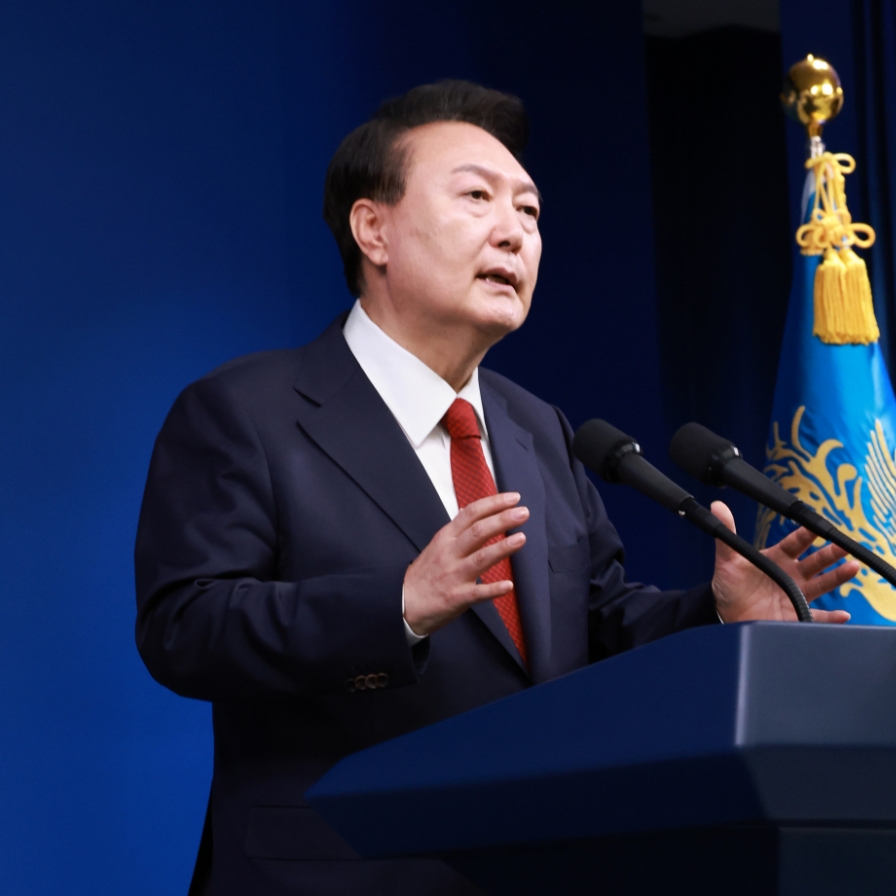국내 체류중인 외국계기업 임원들은 보호주의나 노사문제가 북한보다 훨씬 큰 “코리아리스크”라고 최근 코리아헤럴드가 실시한 설문조사에서 밝혔다.
코리아헤럴드는 창립60주년을 맞아 총 103명의 외국계기업 CEO 및 임원들을 대상으로 7월 1일부터 8월 11일까지 이메일 설문조사를 실시했다.
그 결과 가장 많은 36%의 응답자가 보호주의를 한국 내 기업활동에 있어 가장 큰 위험요인으로 꼽았고 노사문제 (19%)와 언어장벽 (18%) 등이 그 뒤를 이었다.
반면 북한을 선택한 비율이 8%에 그쳤다.
하지만 북한리스크를 단독으로 물었을 때에는 여전히 45%의 응답자가 상당한 영향이 있다고 답변했고 영향이 없다고 답변한 비율은 36%였다.
한국시장의 매력에 대해서는 45%가 성장잠재력을, 22%가 활기 넘치는 문화와 사람들을 뽑았다. 반면 정부의 지원 (6%)이나 인적자원(5%)의 수준에 대해서는 상대적으로 만족도가 낮았다.
한편 박근혜정부의 “창조경제”나 “경제민주화” 정책을 알고 있느냐는 질문에는 과반이 넘는 63%가 그렇다고 답변했다. 그 목적에 대해 58%는 중소기업과 대기업의 동반성장, 8%는 대기업견제로 이해하고 있다고 답변했고 적극지지를 표한 비율은 35%였다.
이번 설문에 참여한 외국계기업 임원들은 총 103명으로 이들 중 여성은 17%였다. 국내기업의 여성임원 비율이 평균 2%가 되지 않는 점을 감안한다면 높은 수치이다. (코리아헤럴드 이지윤기자)
<관련 영문 기사>
Protectionism bigger risk than N.K.: foreign firm executives
By Lee Ji-yoon
Foreign companies in South Korea see protectionism and labor issues as greater risks than North Korean threats in doing business here, a survey showed on Tuesday.
Analysts said the poll results indicated that foreign firms, like most of the Korean public, now considered North Korea’s repeated threats as a fact of life in South Korea.
The survey was conducted by The Korea Herald from July 1 to Aug. 11 to mark the paper‘s 60th anniversary. A total of 103 CEOs and executives at multinational companies responded to the poll by email.
Asked about the biggest risk to business operations in the Korean market, the largest group of respondents, 36 percent, pointed to protectionist sentiment.
Labor issues (19 percent), the language barrier (18 percent) and an unstable political environment (13 percent) also ranked high among risk factors, the survey found. Only 8 percent of respondents picked North Korean threats as their biggest concern.
On the business impact from North Korean threats alone, 45 percent agreed that the risks attached to the North affected business operations significantly, while 36 percent dismissed there being any impact.
Almost half of the foreign firms’ executives, or 45 percent, cited growth potential as the most attractive aspect of the Korean market, while 22 percent favored the dynamic culture and people here.
Governmental support and human capital gained less support from the respondents.
They agreed that the shrinking population was becoming increasingly problematic for the Korean economy and that the technology gap between Korea and other emerging markets in Asia, such as China and India, had narrowed on many fronts.
But 67 percent of people disagreed that Korea’s growth potential was on the wane, with 60 percent saying Korea would need to find new niche markets.
The survey found that 63 percent were familiar with the Park Geun-hye government’s “creative economy” and “economic democratization” policies.
Fifty-eight percent said vitalizing small and medium-sized companies should be the main point of the policies, while 8 percent said the purpose should be keeping big companies in check.
About 81 percent of foreign firm executives expressed support for President Park‘s economic democratization policy while 9 percent were negative toward the policy.
The foreign companies also felt positive toward Korea’s free trade agreements with the United States and the European Union. About 76 percent agreed that Korea‘s FTAs with the two major economies had been very helpful for business.
Men made up 83 percent of the respondents to the survey. The proportion of women, at 17 percent, was relatively high considering the average for women executives at Korea-based companies is estimated at less than 2 percent.
Seventy percent of the executives were in their 30s or 40s. More than half the participants, or 55 percent, had been in Korea for more than three years.
A majority, 66 percent, came from the Asia-Pacific region, followed by Europeans at 21 percent and North Americans at 11 percent.
For simpler calculation and easier comprehension, the final figures were rounded off.
(jylee@heraldcorp.com)





